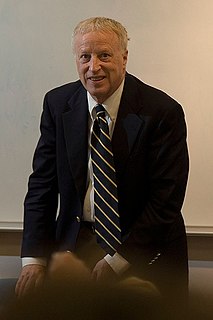Цитата Криса О'Дауда
Успех абсолютно опьяняет. Я видел, как люди ведут себя очень далеко от того, как они вели бы себя обычно.
Связанные цитаты
Я всегда возвращаюсь к поведению людей. Если вы посмотрите, как люди на самом деле ведут себя в той или иной ситуации, она будет очень простой, честной и сдержанной. Вам не нужно использовать столько выражения, сколько чувства. Некоторые персонажи будут кипеть, и это другое дело, но часто я думаю, что вы можете сделать очень, очень мало.
Когда у вас есть дети, ваше собственное лицемерие становится более очевидным, потому что вы говорите им, как себя вести, а сами не ведете себя так. Так что это обязывает по-настоящему погрузиться и попытаться понять, почему существует огромная пропасть между тем, как человек знает, что хочет вести себя, и тем, как он ведет себя на самом деле.
Что бы вы чувствовали, если бы у вас не было страха? Почувствуйте это. Как бы вы вели себя по отношению к другим людям, если бы осознали их бессилие причинить вам боль? Ведите себя так. Как бы вы отреагировали на так называемую беду, если бы увидели, что она не может вас беспокоить? Реагируй так. Что бы вы подумали о себе, если бы знали, что с вами действительно все в порядке? Думай так.



































